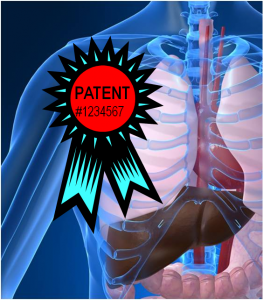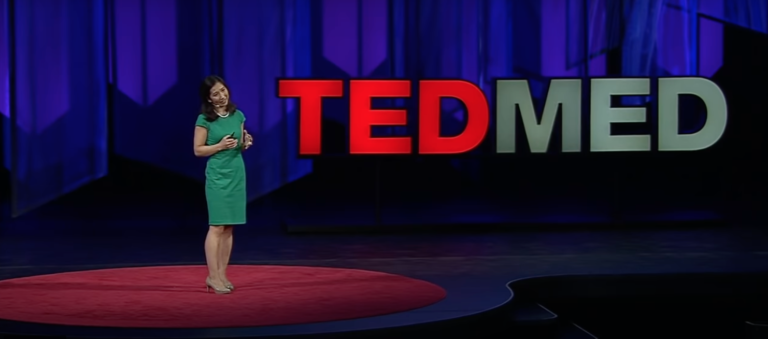Do Patents of the Human Body create Deadly Monopolies?
 Patent ownership is supposed to encourage innovation and economic growth, but recent studies by the National Academy of Sciences, the Federal Trade Commission, and others raise growing concerns that the system has become unfair, ineffective, and may actually stifle innovation. National Public Radio recently discussed the dangers of a Supreme Court decision allowing patents for living organisms. To read the article or Listen to the story, follow this link:
Patent ownership is supposed to encourage innovation and economic growth, but recent studies by the National Academy of Sciences, the Federal Trade Commission, and others raise growing concerns that the system has become unfair, ineffective, and may actually stifle innovation. National Public Radio recently discussed the dangers of a Supreme Court decision allowing patents for living organisms. To read the article or Listen to the story, follow this link:
‘Deadly Monopolies’? Patenting The Human Body (NPR)
In 1980, the Supreme Court ruled that living, human-made microorganisms could be patented by their developers. The ruling opened the gateway for cells, tissues, genetically modified plants and animals, and genes to be patented.
In the past 30 years, more than 40,000 patents have been granted on genes alone, says medical ethicist Harriet Washington. In her new book, Deadly Monopolies, Washington details how our tissues and genes are increasingly being patented by pharmaceutical and biotechnology companies. Those firms, she argues, are focused more on their profits than on the medical needs of patients.
Big-Name Drugs Are Falling Off The ‘Patent Cliff’
Some of the most popular and expensive brand-name drugs are about to go generic. Take Lipitor, for example. In November, the heart drug comes off-patent — and by next June, there are likely to be multiple generic versions.
With almost $11 billion in sales last year, it’s the largest blockbuster to fall off what analysts call the “patent cliff.” And it’s just one of dozens of popular high-end pharmaceuticals whose prices are expected to plummet in the coming years, including drugs like Plavix (for heart disease), Seroquel (used to treat depression) and Nexium (for digestive problems.)
Capitalizing on drug shortages, companies turn profit
A congressional staff investigation has found that some companies are making the drug shortages worse by buying drugs and re-selling them for astronomical prices. In the link above, NBC’s Lisa Myers has more.

